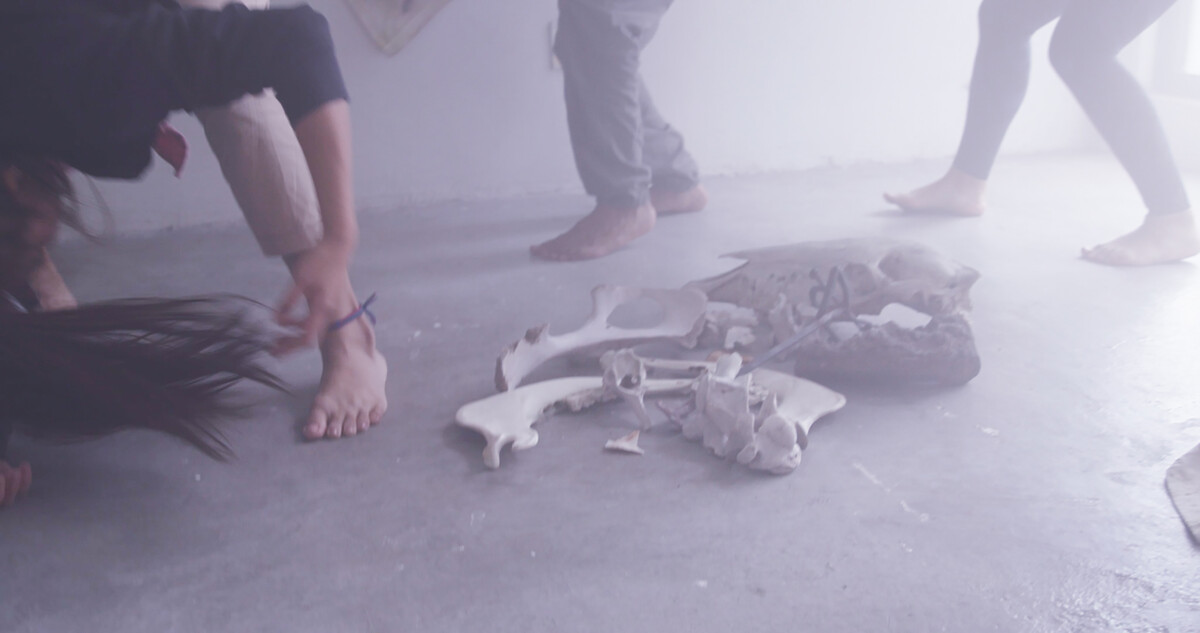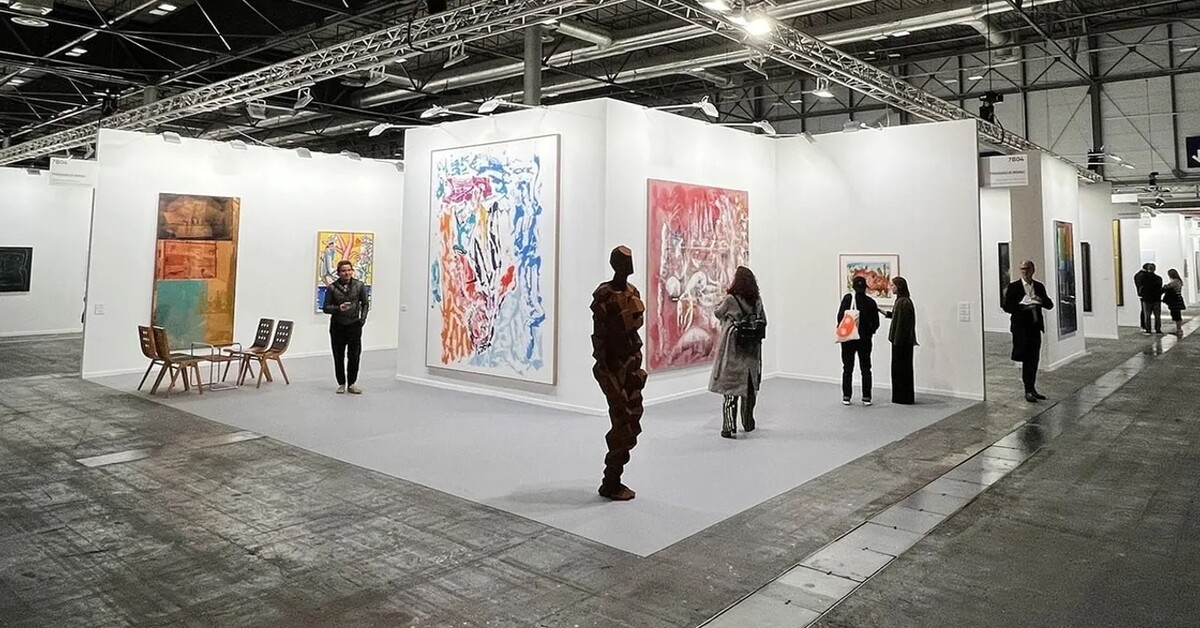
Noé Martínez will be featured in the curated exhibition the shore, the tide, the current: an oceanic Caribbean on view at ARCOmadrid 2024. This yea’s curated programing sets out to examine some of the ways in which the proportions and connotations of this (fundamentally conceptual) space are named, narrated and perceived through the production of meaning. Curators Carla Acevedo-Yates and Sara Hermann propose, through a careful selection of artists and galleries, a possible reading of the complex and fertile intersection between land and sea that emerges from and towards the shore. They provide a starting point, a place from which to enunciate, from visualities, sounds, essences and touch, a proposal for a dialogue on histories, memories and identities in constant flux, transformation and mutation.
____
La historia de los caminos
The memory of my enslaved ancestors lives on through my own body. They were taken from their homes and packed into boats on course to the Caribbean. They were forced to carry mercantile goods by foot from the Gulf of Mexico to the Central Highlands. After researching archives, territories, documents, old voices and rituals, after interrogating plants, animals, landscapes, architectures and museums, I realized that the exploitation of my people and their forced migration may have begun in the 16th century, yet the consequences carry on into the present.
I am a descendant of enslaved people and survivors of Spanish colonial genocide. Their ancestral memory unfolds in the most potent, living archive that we as human beings have: our body. In The history of roads, the body is capable of storing and retrieving transgenerational memories that call back to the history of peoples without territory, without history. In this video piece, seven performance artists evoke the history of enslaved ancestors, their bodies inhabiting the memory of an invisible but not imperceptible genocide. By embodying the lived experiences of ancestors from five hundred years past, my collaborating artists and I bring forth into the present the ancestral wound of surviving cultures.
-
Noé Martínez
Arco Art Fair Madrid: Resilience Amid Global Turmoil, Showcasing Global Talent
BNN Breaking
Mar 6, 2024
Mar 6, 2024

